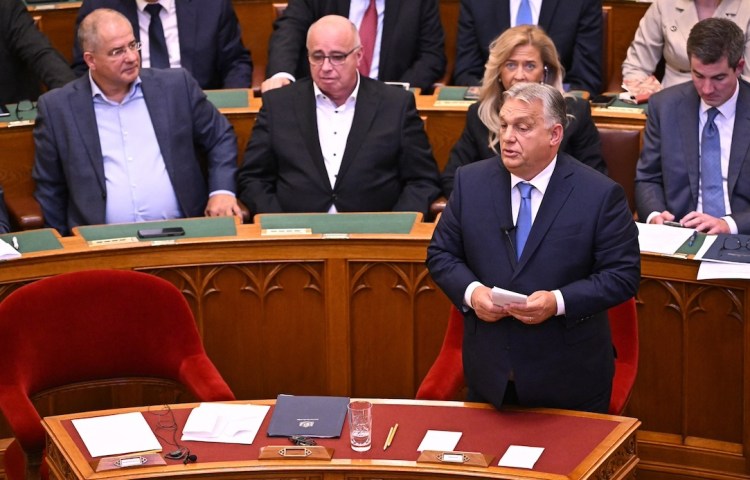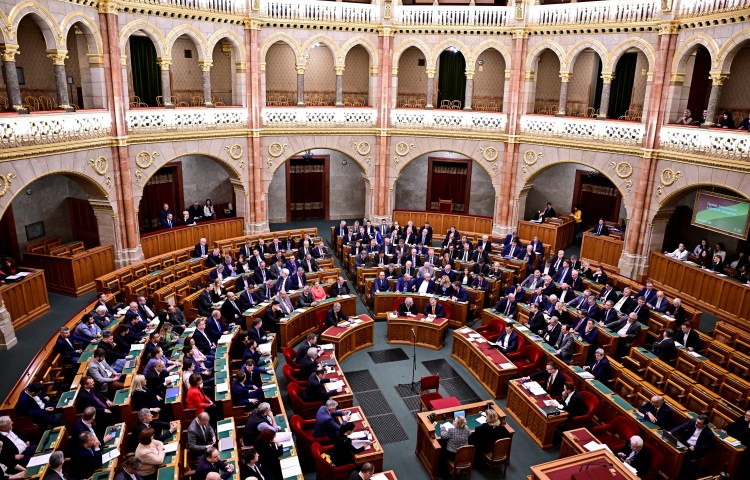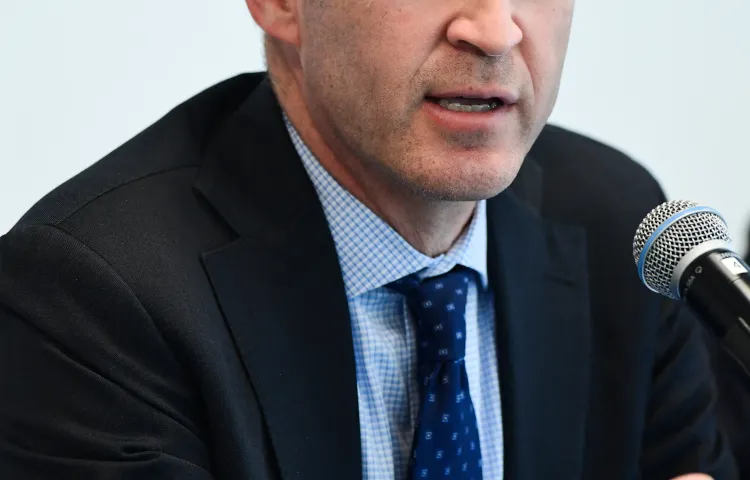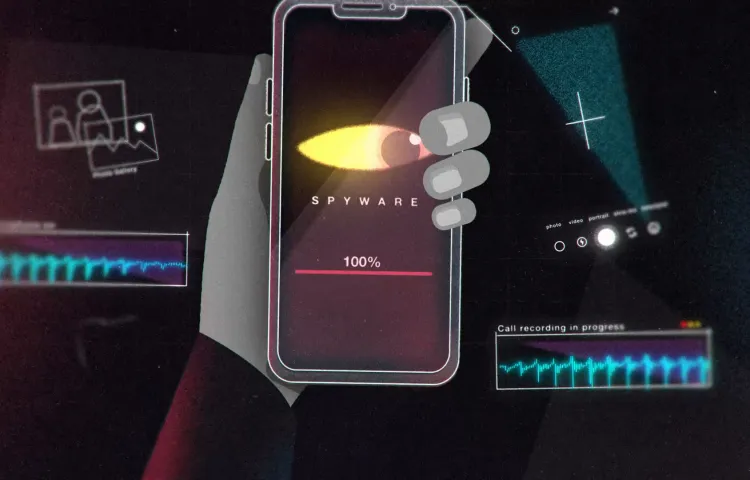
CPJ, partners highlight escalating press freedom threats in Hungary
The Committee to Protect Journalists and partner organizations expressed strong support on Thursday for independent journalists in Hungary and highlighted the country’s escalating media freedom crisis following a one-day mission to Budapest on October 22. In meetings with journalists, media representatives, legal experts, and civil society, the delegation heard concerns about a severely restricted media…

Hungary’s Russian-style ‘foreign agent’ bill threatens remaining independent media
Brussels, May 15, 2025—The Committee to Protect Journalists calls on European Union leaders to unequivocally and immediately condemn Hungary’s proposed “foreign agent” law, which would grant its government sweeping powers to impose restrictions on NGOs, independent media outlets and other organizations receiving foreign funding. Prime Minister Viktor Orbán’s ruling Fidesz party introduced the bill on Tuesday in Parliament…

Hungarian authorities detain, charge 2 journalists seeking to question PM Orbán
Berlin, February 3, 2025—Hungarian authorities should immediately drop misdemeanor charges against two journalists who were arrested in a parking lot as they waited to question Prime Minister Viktor Orbán and detained for three hours, the Committee to Protect Journalists said Monday. On January 30, police removed the independent online outlet Telex’s reporter Dániel Simor and…

CPJ, others express solidarity with journalists, NGOs targeted by Hungary’s Russian-style Sovereignty Protection Office
Berlin, June 28, 2024—The Committee to Protect Journalists joined nine international press freedom and human rights organizations in expressing solidarity with NGOs Transparency International Hungary and Átlátszó, which Hungary authorities have targeted with investigations. The joint statement urged the European Commission and EU Member States to take immediate and decisive action to protect NGOs and…

Hungary’s Russian-style national sovereignty bill threatens independent media
Berlin, December 15, 2023—Hungary’s president should decline to approve a law creating a Sovereignty Protection Authority, which local media outlets have warned could be used to stifle independent journalism supported by overseas donors, the Committee to Protect Journalists said Friday. On Tuesday, December 12, Hungary’s parliament passed a bill to establish a government authority with…

CPJ welcomes Hungary vote to partially decriminalize defamation
Berlin, May 25, 2023—The Committee to Protect Journalists on Thursday welcomed a recent vote by the Hungarian parliament to partially decriminalize defamation and called on authorities to fully reform laws threatening the press with criminal penalties. “We welcome the decision by Hungary’s parliament to take a step in support of press freedom by partially decriminalizing…

Editor Tamás Bodoky on threats to Hungary’s independent media funding
“Átlátszó” means “transparent” in Hungarian. Since launching an independent nonprofit media outlet under that name, editor-in-chief Tamás Bodoky and his colleagues have worked hard to live up to it, publishing detailed funding reports on their website, he told CPJ in a recent interview. But that hasn’t stopped pro-government institutions from accusing Átlátszó of serving foreign…

David Kaye: Here’s what world leaders must do about spyware
In late June, the general counsel of NSO Group, the Israeli company responsible for the deeply intrusive spyware tool, Pegasus, appeared before a committee established by members of the European Parliament (MEPs). Called the PEGA Committee colloquially, the Parliament established it to investigate allegations that EU member states and others have used “Pegasus and equivalent…

Hungarian journalists targeted by spyware have little hope EU can help
Szabolcs Panyi was not even remotely surprised when Amnesty International’s tech team confirmed in 2021 that his cell phone had been infiltrated by Pegasus spyware for much of 2019. Panyi, a journalist covering national security, high-level diplomacy, and corruption for Hungarian investigative outlet Direkt36, had already long factored into his everyday work that his communications…

Special report: When spyware turns phones into weapons
How zero-click surveillance threatens reporters, sources, and global press freedom By Fred Guterl Published October 13, 2022 Aida Alami has always been wary of surveillance. As a journalist from Morocco, a state with a track record of intercepting phone calls and messages of political rivals, activists, and journalists, she habitually took precautions to protect her…